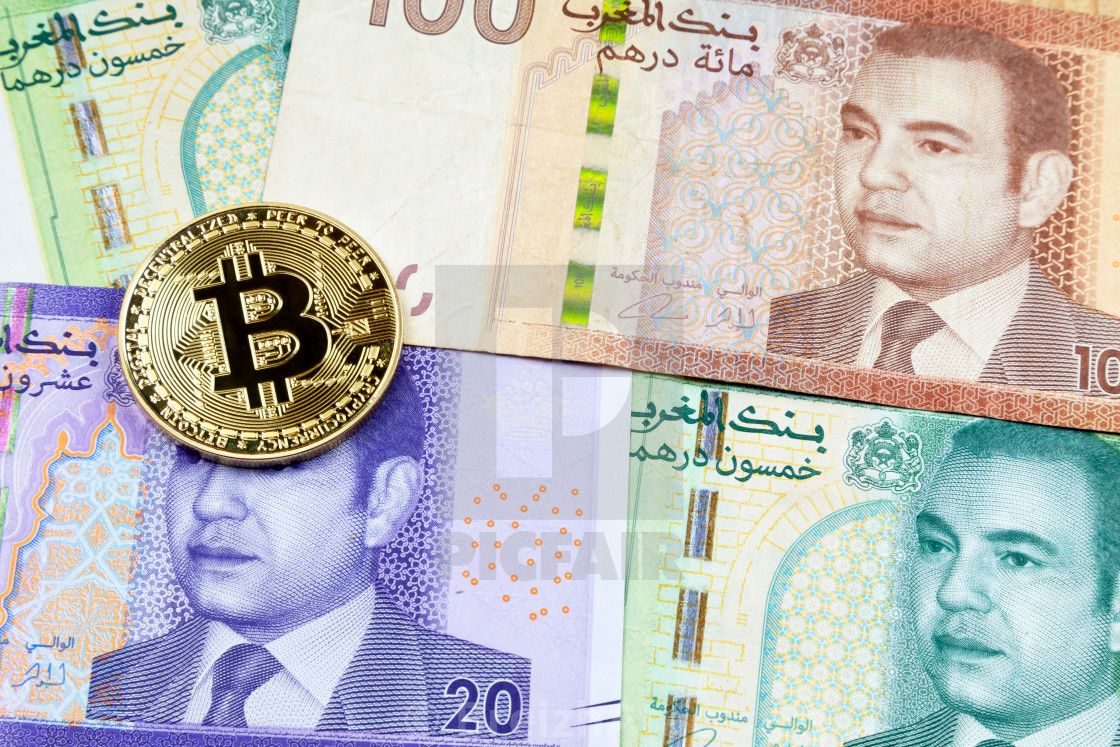Cryptocurrency In Morocco; If You Can't Ban Them, You Join Them

Over many publications, it is evident that the government is intertwined with tech activities within a given society. Nothing has the ability to scale without the approval, development and openness of a government. There have been various instances where the rules and regulations of a given nation propelled the scalability of an idea. While some rules and regulations halted the growth of another enterprise.
Basically, the government has the power to do and undo even when technology is involved. This has been the reality for cryptocurrency in Morocco. Over the past 5 years, there have been several back and forths by the governments on cryptocurrency activities in the country. Yet research reveals the development of digital currency has produced a negative result from the government’s expectation.
Before The Crypto Ban
Before the Ban, around 2016 and before, Morocco wasn’t so much interested in the digitalization of payment transactions within its nation. Several factors such as legislation, monopolies, closed currency, rigid business practices and many more kept the country lagging behind in digital commerce. Hard currency was the major way to pay for any form of transaction. Credit card payment on the other hand was controlled by Centre Monetique Interbancaire (CMI) it was the only platform allowed to process online payment for e-commerce purchases.
The reality of the situation was very rigid. The system closed fintech opportunities, there was only tiny access to digital currency. Several restrictions were in place already, especially with the conversion of the Moroccan Dirham. According to reports, there were limitations to the amount of Dirham that can be converted to foreign currencies.
Although the country had enough penetration regarding internet access, and a high percentage of the youth population, many were unbanked. So the restriction to fintech saturation was not only dependent on the government alone but on the community also. In as much as the government played its part in restrictions, the citizens played their part in terms of lack of trust in technology.
The Crypto Ban
On the 20th of November 2017, the Moroccan government officially made the activities of digital currency within the nation illegal. This was made known via a press release that was published, and made available to the general public. This act alone prohibited the purchase, sale, or investment of Bitcoins or any other form of cryptocurrencies.
According to The Office des Changes, (the Moroccan Exchange Office), the activities and transactions of cryptocurrencies were an “infringement of the exchange regulations”. In the rights of the institution, (Office des Change) these infringements via crypto attracted penalties. This was as stated in the then laws of the land. The ban came just a month after Morocco’s neighbour, Algeria, hinted at its decision to also ban cryptocurrencies.
The release did not just address cryptocurrencies. It also noted that the use of other virtual channels which was not backed by financial institutions attracted its own penalties.
This stood as a sign to make fintech penetration tougher in the nation. Yet, a few publications revealed that citizens found their way around the restrictions.
The Aftermath
According to research made by Coindesk, although crypto was still illegal as of 2021, the purchase of digital currency continued to increase. Findings revealed that the illegality of digital currency was not able to stop citizens from transacting.
As of February 2021, LocalBitcoins disclosed that it was the best month so far regarding trading, transactions and registrations on the platform. In Morocco, the platform revealed that it saw a trade of about $900,000 worth of bitcoin during the month. It also recorded a registration increase of 30% increase within 2019 and 2020. Asides LocalBitcoins, serval other platforms have received favourable activities even with the ban still on. Some record a trading volume of more than 200% increase between 2017 and 2021.
While the trading continues with significant disregard for the illegality, the question remains “why do Moroccans trade against the odd?” Although, there have been cases of citizens caught in the act of the trade, yet, the trades continue.
Within the Northern African country, a few things can be tagged as responsible for the continued trade. Curiosity, financial independence and the need for financial growth could be labelled responsible for Moroccan indulgence.
While speaking in an interview with journalists, Decred‘s Middle East community manager, Insaf Nori, made a few points. “Some traders just want the quick gain from cryptocurrencies. Some of them want financial freedom because they don’t use banks,” Nori stated.
Join Them
While the ban continues in the nation, there have been a few pointers that Morocco might be going back on its decision with Crypto. In mid-2022, the Central Bank of Morocco, Bank Al-Maghrib (BAM), revealed that it was making plans to regulate the activities of digital currencies within the country. This revelation is against its 5 years decision to totally ban the activities of crypto in Morocco.
As of the time the financial institution made this revelation, the activities, of crypto were still banned. Yet, the institution had already set up a committee that would look into the possibilities of regulation.
BAM also revealed that it was working with the International Monetary Fund (IMF) and the World Bank on the regulation. The decision to even regulate would steam from the government’s knowledge that crypto was still being traded. With thousands of Moroccans involved in crypto, it was only fair for the government to look into its regulation.
This would seem like a win for technology, despite several warnings by the Ministry of Finance against crypto, the digital currency might be embraced.
Time could also be a factor in the crypto embrace. Technology has been able to bring several developments to various African Nations, making it attractive for international investments. The evolution of time and supporting technological development has given crypto the hand it needs to win. Morocco needs to develop, make more revenue and get more investment, this, technology has made it possible with other nations, so why not adopt also?
Currently, digital currency is still banned in the nation, yet, there are possibilities it will not last as long soon.
